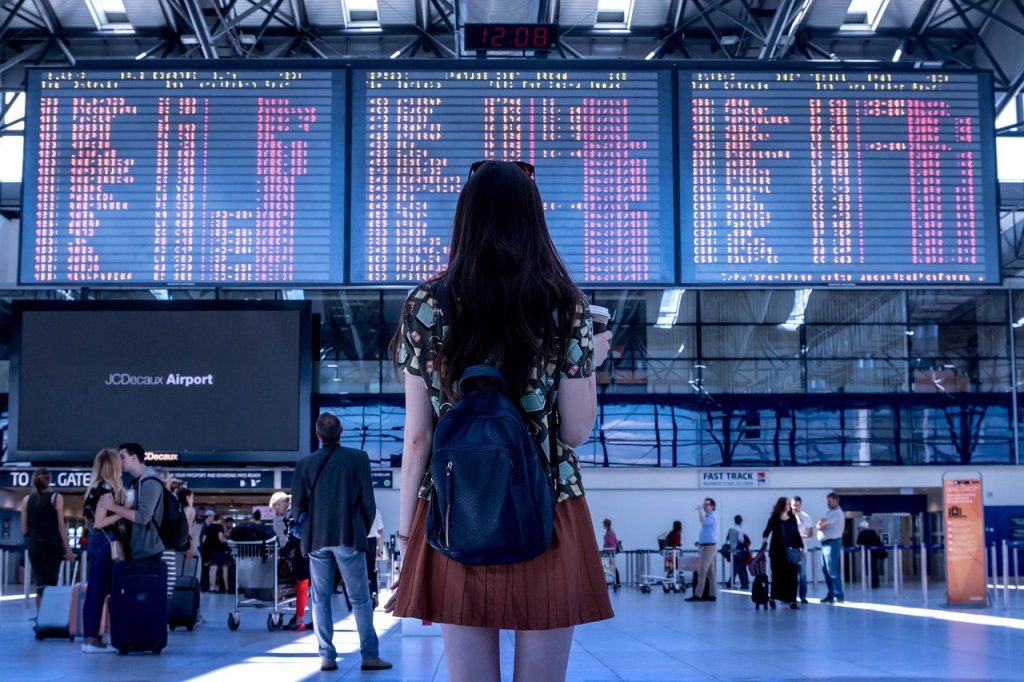
Artificial intelligence arrives at airports
How many times have you asked your cell phone to set an alarm? Artificial intelligence has been around for many years, and airports benefit from it. The airport security scanner used to scan luggae is operated by a person who watches the contents of each piece of luggage on a screen. To avoid flight delays, passengers must pass through all the controls smoothly. Passenger flow is often challenging at large airports where thousands of people transit every day. Companies as Nuctech have equipped baggage scanners with artificial intelligence technology that detect suspicious, prohibited, or dangerous items in real-time. The scanner operator can analyze more bags with the help of this technology, saving passengers from being late for their flights. If they detect something that the artificial intelligence failed to recognize, they mark it, the artificial intelligence learns to recognize it, alerting if a similar item appears again.
Artificial intelligence analyzes your movements
Have you ever noticed that airports have hundreds of cameras? Have you ever wondered who is monitoring what those cameras capture? While it’s true that airports have security personnel to monitor the cameras, they also employ artificial intelligence to detect suspicious passenger movements. When a camera detects your entrance to the airport, the artificial intelligence creates an algorithm with your physical characteristics, in the same way your cell phone unlocks itself with your face. From there, every step you take inside the airport is monitored and, in case of suspicious behavior, the artificial intelligence will alert security personnel, who will review the video to evaluate what you are doing inside the airport. Some airports are equipped with facial and physical recognition systems that detect people, even if they have changed their clothes or put on glasses and a hat.
Advantages of artificial intelligence in airports
In addition to providing security to passengers and airport staff, artificial intelligence is also used to load and unload baggage in real-time, evaluate passenger traffic within the airport, and can even create contingency measures in case of accidents. With the information gathered by artificial intelligence, airport staff can create efficient routes for passenger traffic, prepare the necessary personnel according to the number of people that will transit at certain times, and even alter protocols in real time in cases where a plane is delayed due to weather or mechanical failures. Keep in mind that it takes seconds for a computer to analyze different scenarios and pick the most optimal one, while a person would need days or even weeks to achieve the same result.
